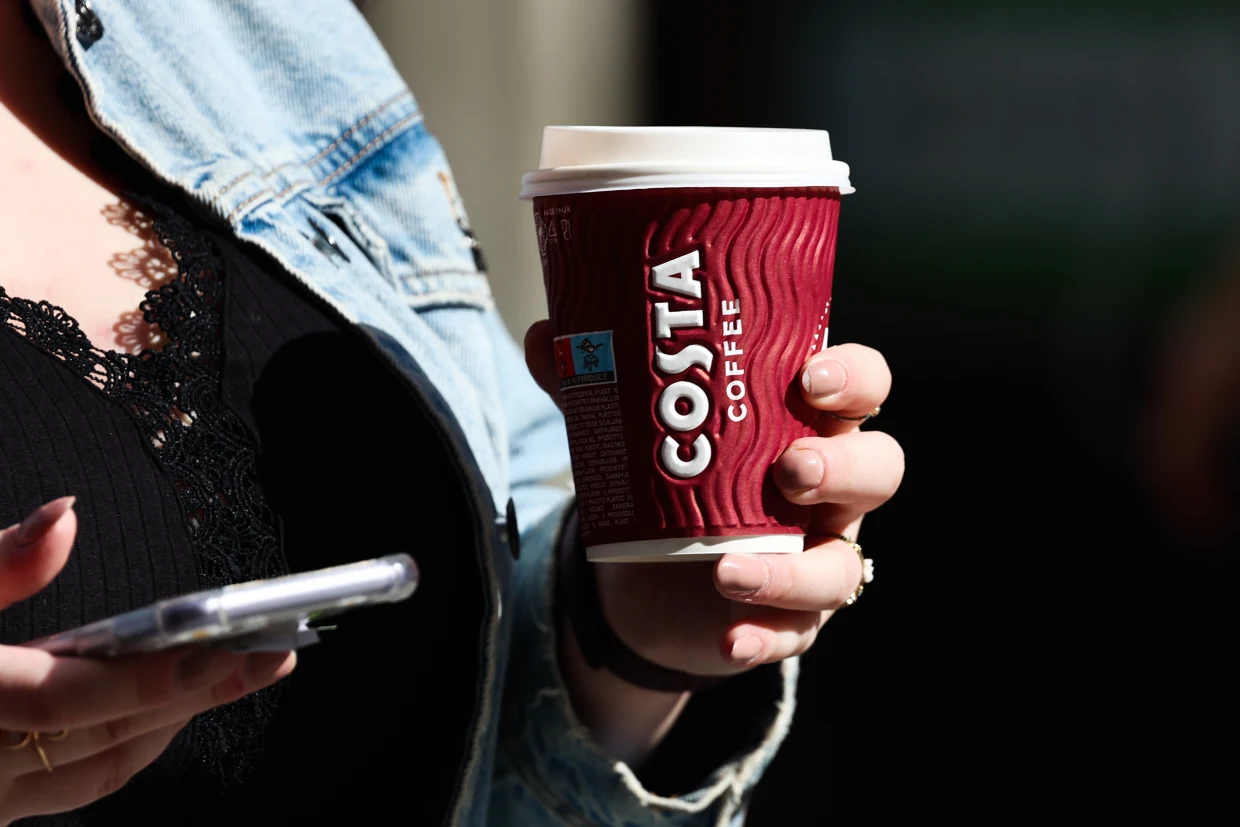In recent years, the global political climate has often crossed over into the business sphere, putting companies in the public eye for taking political stances or choosing to stay neutral. Costa Coffee, one of the world’s leading coffee chains, recently found itself in a complex debate around the Israel boycott movement, also known as the Boycott, Divestment, and Sanctions (BDS) movement.
Background on the Israel Boycott Movement
The Israel boycott movement, initiated by Palestinian civil society in 2005, seeks to apply economic and political pressure on Israel to address human rights issues concerning Palestinians. The movement calls for boycotting businesses and entities associated with Israel’s presence in the Palestinian territories. Companies, artists, and even academic institutions have found themselves under pressure to take a stance on this issue, and Costa Coffee has become one of the latest corporations to attract public attention in this context.
Costa Coffee’s Position
So far, Costa Coffee has not issued a direct statement about its stance on the Israel boycott, and no formal policy has been made public indicating a specific alignment with or against the BDS movement. Like many multinational companies, Costa Coffee may find itself at a crossroads between catering to diverse consumer bases across regions, each with its own political sensitivities, and maintaining a neutral stance on complex international issues.
Public Reaction to Costa Coffee’s Stance
Consumers and advocacy groups on both sides of the Israel-Palestine issue have made their opinions known on social media platforms and through organized efforts. Supporters of the BDS movement urge businesses to refrain from any operations in Israeli territories, while opponents of the movement often call for public support for Israel or an outright rejection of the BDS campaign.
Navigating Consumer and Market Expectations
A potential boycott against Costa Coffee for its neutral position could affect its consumer base, as coffee drinkers have expressed varying opinions. Costa Coffee, like other multinational companies, must consider its market positioning. For some, a company’s perceived political or ethical stance impacts purchasing decisions. For others, brand loyalty may override political affiliations. Costa’s actions—or inaction—may affect its consumer demographics, but like other large brands, it also navigates the potential financial implications of being openly political.
Conclusion
The BDS movement and consumer expectations have created an environment where brands can no longer ignore political pressures. Costa Coffee’s approach to the Israel boycott issue will likely continue to evolve as the company balances customer expectations, social responsibility, and market position. Whether Costa will ultimately take a defined stance on Israel or maintain a neutral business-focused approach will be closely watched, as more consumers look to brands to embody their values on a global scale.
FAQs
1. Has Costa Coffee taken a stance on the Israel boycott?
As of now, Costa Coffee has not issued an official statement regarding the Israel boycott or the Boycott, Divestment, and Sanctions (BDS) movement. The company has not publicly aligned itself with any specific stance on this matter.
2. What is the BDS movement?
The Boycott, Divestment, and Sanctions (BDS) movement, initiated in 2005 by Palestinian civil society, is a global campaign that calls for boycotting, divesting from, and sanctioning Israel until it addresses human rights issues concerning Palestinians.
3. Is Costa Coffee facing pressure to boycott Israel?
Yes, Costa Coffee, like many multinational companies, faces pressure from various advocacy groups who urge businesses to adopt a stance regarding the Israel-Palestine conflict. Supporters of the BDS movement encourage companies to stop operations in Israel, while others advocate for a neutral or opposing stance.
4. Does Costa Coffee have locations in Israel?
Costa Coffee currently has no locations in Israel, nor have they made statements indicating a decision to enter the Israeli market or withdraw from similar markets. Their position on expansion is typically based on market analysis rather than political motives.
5. Have consumers expressed opinions on Costa Coffee’s stance?
Yes, consumers with varying views on the Israel-Palestine conflict have voiced their opinions, especially on social media. Some encourage Costa Coffee to support the BDS movement, while others advocate for Costa Coffee to oppose or remain neutral on political matters.
6. Why do companies like Costa Coffee avoid taking political stances?
Multinational companies often cater to diverse consumer bases across the globe. Taking a specific political stance could alienate some customers or markets, which is why many brands prefer to focus on their core business values rather than involving themselves in complex international issues.
7. Has Costa Coffee ever taken a stance on similar global issues?
Historically, Costa Coffee has not actively engaged in political activism, and the brand focuses on promoting sustainability, product quality, and community initiatives. However, like many companies, Costa may review its policies based on current events and consumer demand.
8. Will Costa Coffee respond to the calls for boycotting Israel?
While Costa Coffee has not made any commitments to respond to the Israel boycott calls, the company may consider addressing consumer inquiries. However, there is no indication that Costa will adopt a specific position on the Israel-Palestine conflict at this time.
9. Can I support Costa Coffee if I have strong opinions on this issue?
Each consumer can decide based on personal values, including political views and brand loyalty. Some people may choose to support or avoid Costa Coffee depending on its stance, but ultimately, Costa’s current approach does not publicly align with either side of the Israel boycott debate.
10. Where can I find Costa Coffee’s official stance on this matter?
Costa Coffee’s official channels, such as their website and verified social media accounts, will publish any formal statements or responses regarding significant public inquiries, including this one.











